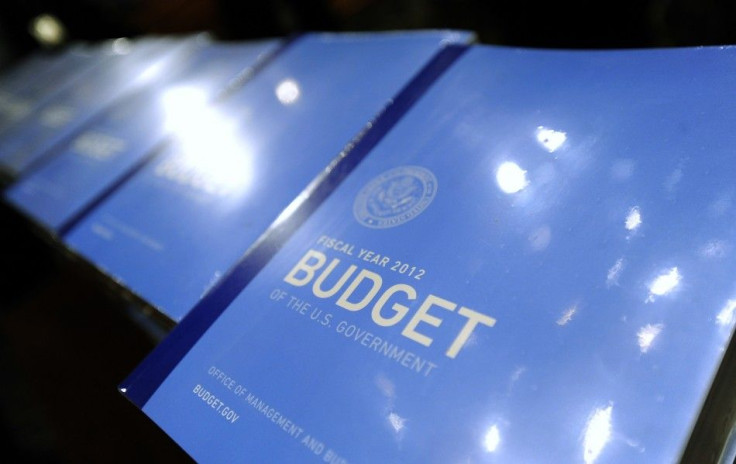Why There's Only One Way Out Of The Debt Crisis

Declare the debt limit unconstitutional, sell the Treasury’s gold, mint a $1 trillion platinum coin—these are a few ideas people are suggesting for how President Barack Obama should resolve the debt crisis. Unfortunately, these ideas are not plausible. Former chief of staff at the Treasury Department, Mark Patterson, explains why for Politico.
First, the Constitution grants the authority to borrow money to Congress, not the president. Section 4 of the 14th amendment says “the validity of the public debt of the United States, authorized by law, including debts incurred for a payment of pensions and bounties for services in suppressing insurrection or rebellion, shall not be questioned.”
Constitutional scholars believe this cannot be read to allow the president to borrow above the debt limit imposed by Congress. If President Obama did try to borrow money for the government, he would defy a century of precedent and probably face impeachment, and investors would worry about the value of Treasury securities issued above the limit.
Second, if the Treasury sold heaps of gold, the market would likely panic. More significantly, the nation’s gold reserves are worth only about $350 billion, which would only briefly fund the government and not avoid a default.
Third, although a 1997 law does allow the secretary of the Treasury to mint platinum coins, the intention was for commemorative coins for collectors. Even if the Treasury tried this, the Federal Reserve would not cooperate.
Raising the debt limit looks like the only way out of the crisis, but only Congress has that authority.
© Copyright IBTimes 2025. All rights reserved.





















